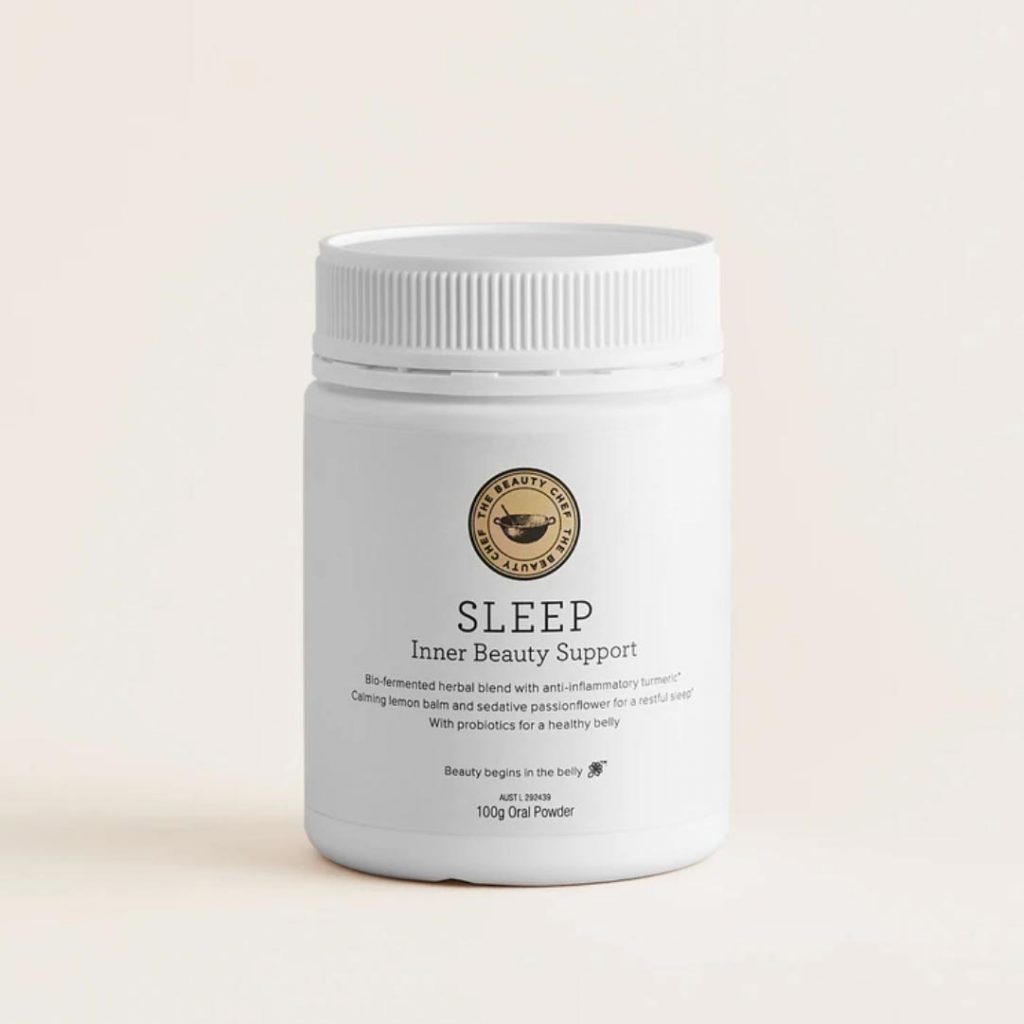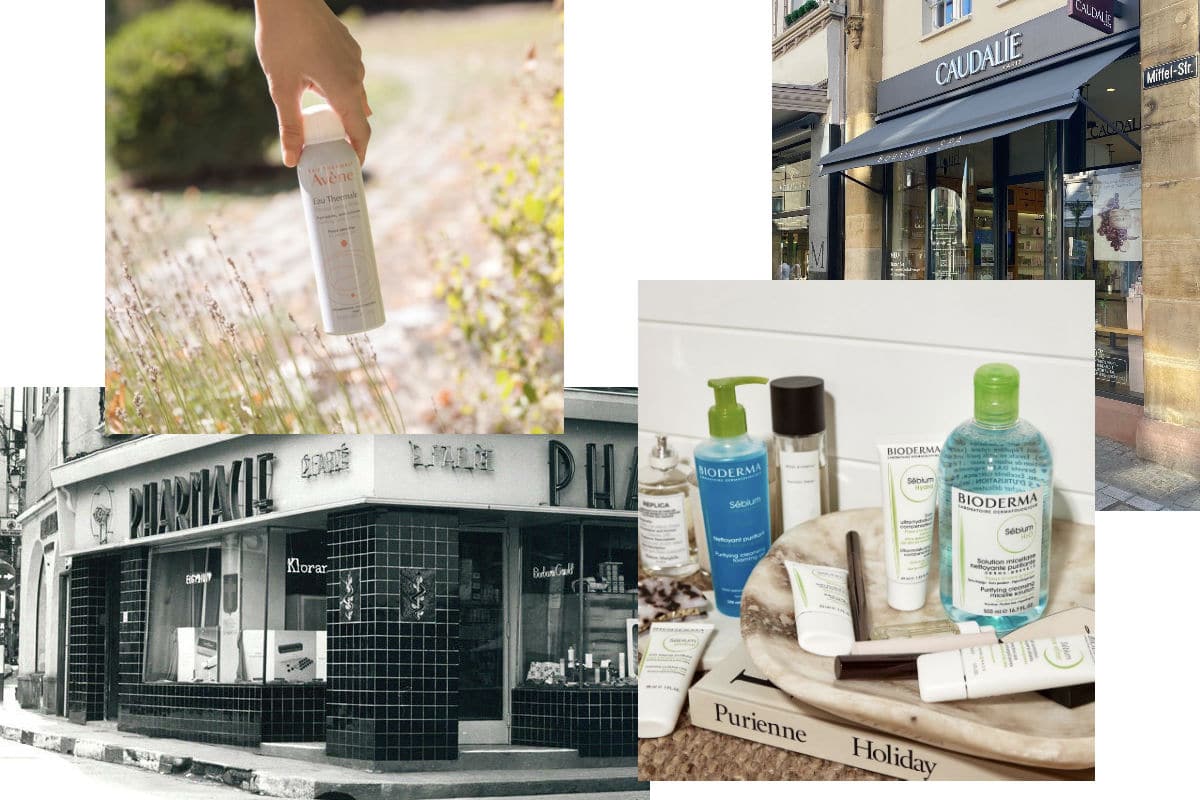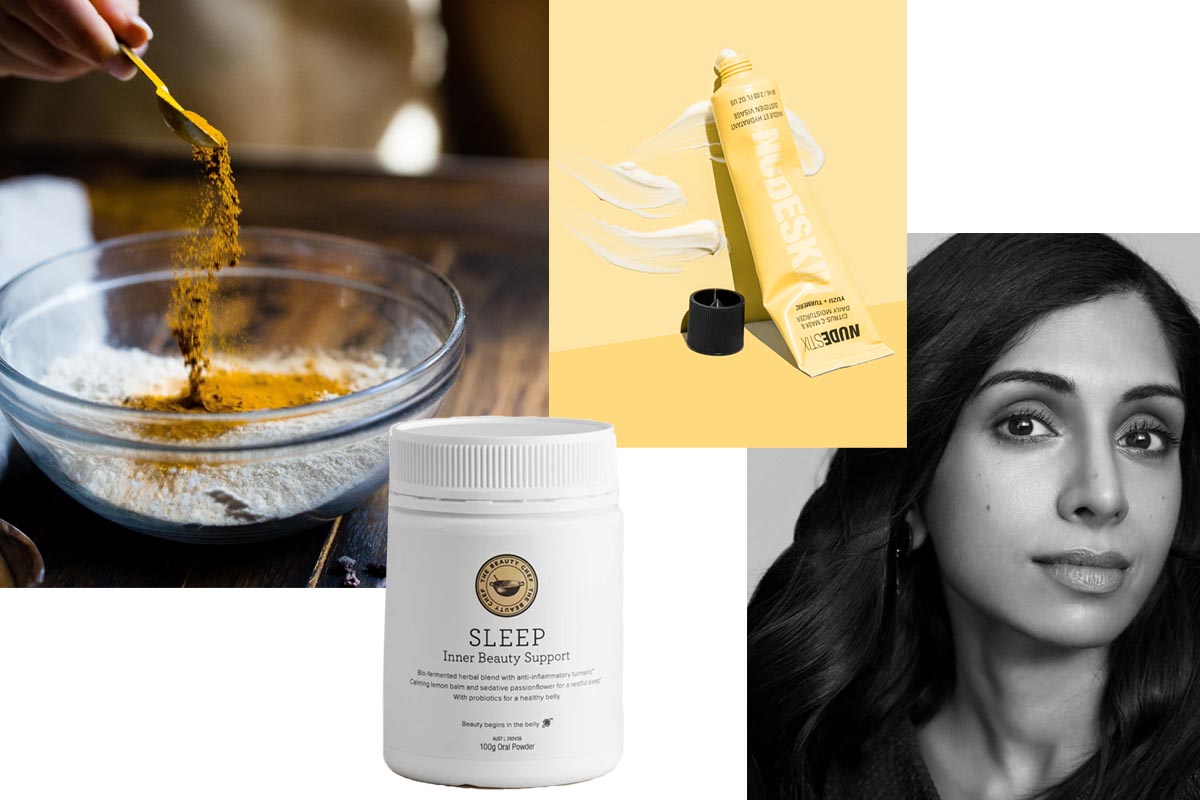
Every few years, another new ingredient or product enters the realm of buzz-words in skincare. In the past it's been charcoal and clay, but the latest to emerge is turmeric. And whenever an ingredient, particularly an all-natural ingredient, has this many positive claims, we sit up and pay attention.
Turmeric is not new of course. It's been used for thousands of years in Chinese and Ayurvedic medicines. But now that the Western world has caught up, we're seeing turmeric in cream and lotions. We see stands at local markets declaring the benefits. We've seen tablets, capsules and ingestible powders that claim to offer all sorts of wonderful things. But what's real and what's simply marketing hype?
To separate fact from fiction, we spoke to celebrated dermatologist Dr Shyamalar Gunatheesan. She answered all our questions on the efficacy of turmeric and how we can use it for healthy skin.
Tell us about turmeric?
Tumeric is a spice, a rhizome of the turmeric plant. It's very natural. It's been used for centuries in Indian and Chinese medicine or used cooking as a healing agent. Certainly, medically, we know it's an anti-inflammatory agent, especially when ingested through our gut. In terms of topical tumeric, the jury is still out there, because we don't know how we get the benefits through the skin effectively without it staining your skin. My take on it would be to use it as a food supplement for internal wellness.
What sorts of benefits can we see from ingesting turmeric?
It would be the anti-inflammatory benefits, so you would have a better skin barrier, you might find the hydration of your skin is better. If you think about skin inflammation, it can present as acne spots rosacea, pigmentation, and the idea would be that turmeric would help mitigate these effects. Once again, in combination with other things and a good skincare regimen.
What dosage should we be looking at to mitigate that inflammation?
Ingestible turmeric can comes in capsules and tablets, and it can range from 500 milligrams to one milligram three to one gram. I would actually say the best sources is fresh turmeric. You can go to a health food shop, get a turmeric rhizome. I think that the true amount, the best to receive the benefits is a quarter of your fingertip size, and swallow that don't chew it because it stains your teeth. But that's the medicinal dose.
When you come to the powder form of turmeric - the issue with powdered forms and tablet forms, you don't actually know how much active curcumin is in them. Which is what gives the benefits of turmeric. So fresh turmeric is the best.
Does it have any anti inflammatory benefit when applied topically?
Yes. Traditionally turmeric rhizome crushed or turmeric powder, put a stain on your skin, but it can reduce pigmentation, pimples and spots. I wouldn't be surprised if you can get a good topical version. The issue is how it's compounded. Compounding is when an active ingredient gets combined with a vehicle so either a cream or a lotion or serum to get to the right level of active ingredient for your skin. So we combine it, we release it in another material so that it can actually absorb into your skin layers.
For topical turmeric products, you need to have a bit more information on what it's compounded with. And how reputable these cosmetic companies are in actually formulating a well-delivered level of curcumin to your skin.
Is there a time that's best to take turmeric if you are ingesting it?
I don't know what time of day.To my knowledge, there's no proven studies about the right time. But the best thing to do with taking it is to take it with food. And it's better with something fatty gets absorbed a bit better. That's how it's normally used.
Traditionally, in India, it's cooked with curries, it's cooked, its pan fried, so that it releases the active molecules. So things are better absorbed with food generally, but a fatty meal or like you know, taking with evening primrose oil or olive oil would just bring out the active ingredients better, and it would be better absorbed into your bloodstream. You'd also get less bloating and irritation that you get sometimes when you take turmeric alone and an empty stomach.
Are there any other benefits that come from taking ingestible turmeric?
None that are proven.
The proven benefits are that it reduces inflammation. If you think about it, all skin pathology, gut pathology or any pathology really stems from inflammation. Turmeric is a way of mitigating that. It's quite powerful.
Our favourite ingestible turmeric and turmeric skincare
As Dr Shaymalar says, fresh is best. You can pick up fresh turmeric from health food stores and even some supermarkets. At my supermarket, the fresh turmeric sits in a basket next to the fresh ginger. But if you want a ready made product for convenience, here are our favourites.
Sunday Riley C.E.O. Glow serum
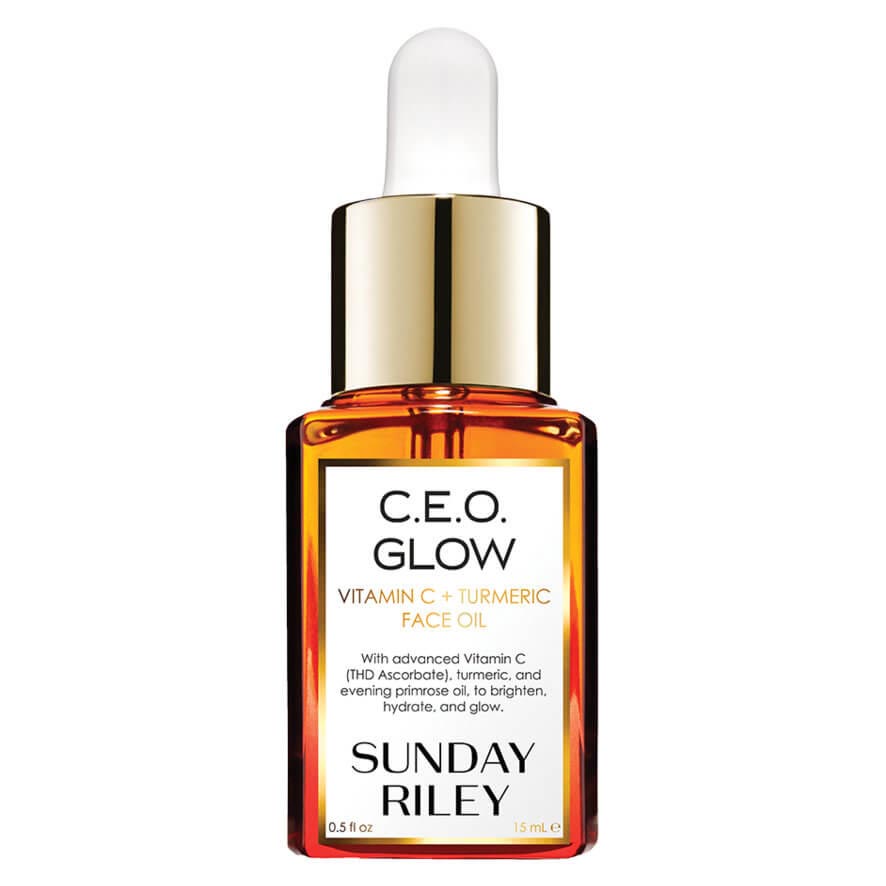
WelleCo Super Elixir Greens
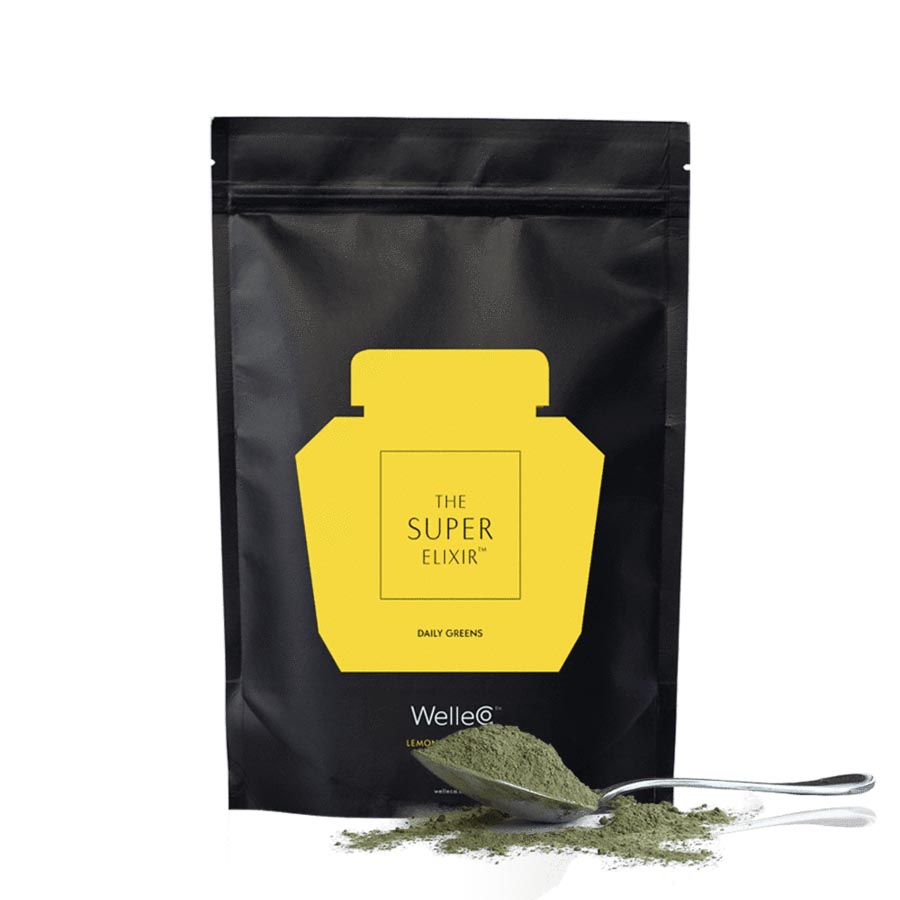
Yellow Beauty Golden Hour Face Wash
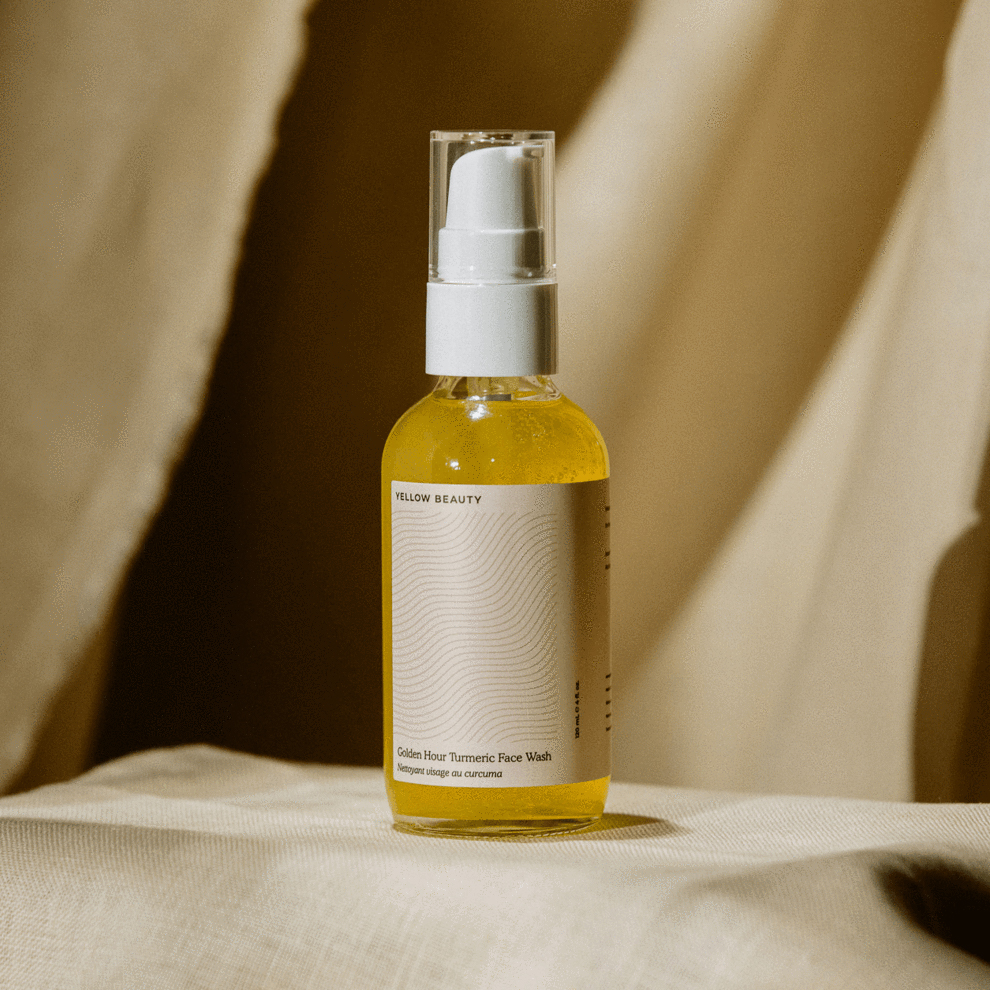
Edible Beauty Turmeric Beauty Latte Serum
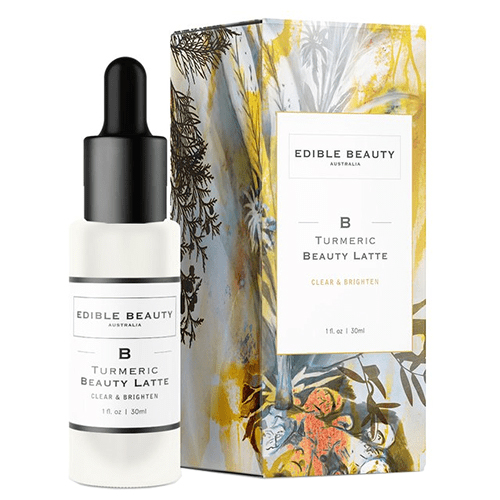
NudeSkin Citrus-C Moisturiser
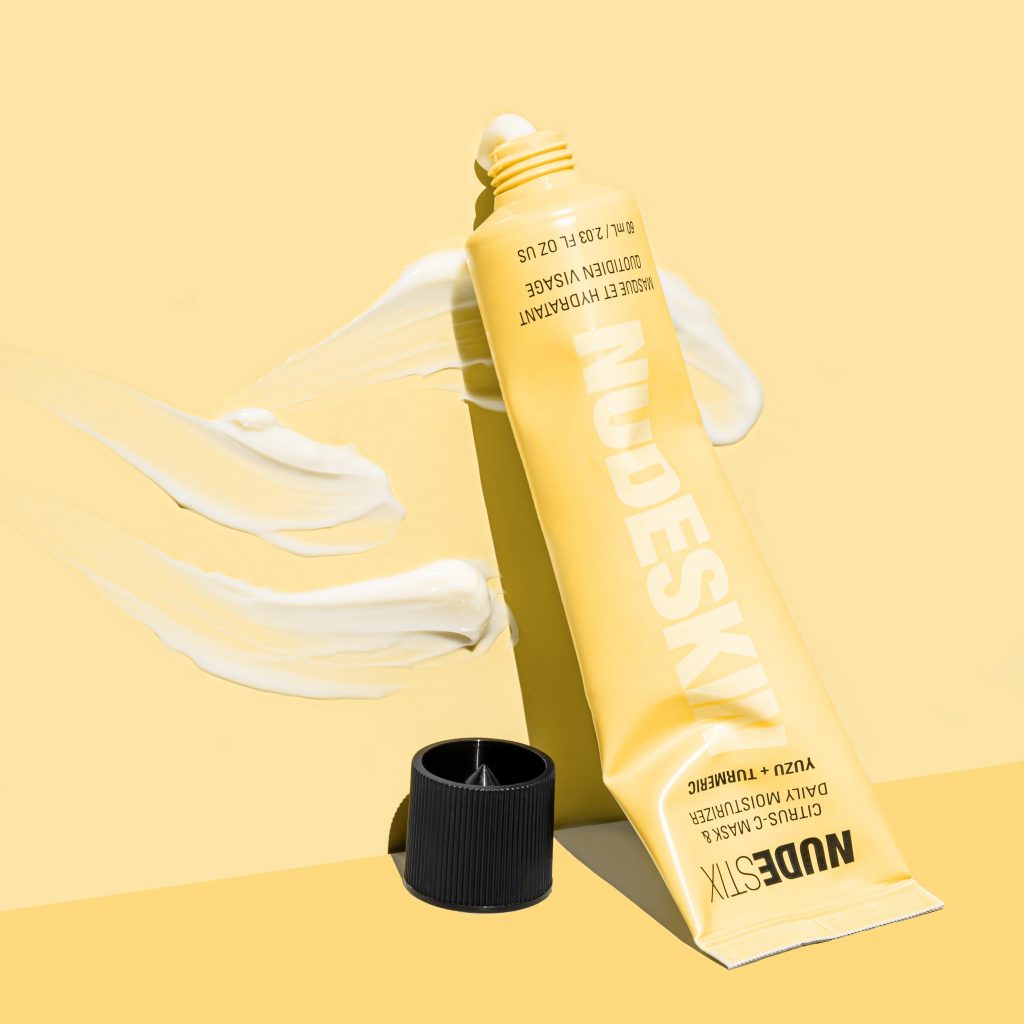
The Beauty Chef Sleep Powder
